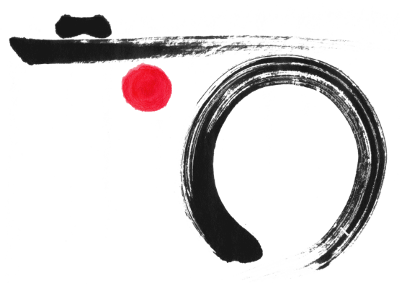When I make a photograph, several things happen at once: I see something and start to frame the subject in my minds eye. I use my experience and my history. I reference the massive archive of photographs that I have seen during my formation as a photographer, I judge my camera settings, frame, focus and press the shutter.
On a technical level, I consider the light. The shadows. I consider what I am capable of achieving, and whether I can make an interesting image. Over time, I have simplified this component of image making considerably. I choose to work with a Leica M6, a 50mm lens, 100 ASA film and that’s it. I don’t use a filter, a tripod, a reflector, or any other tools or accessories. Minimal equipment. Minimal mechanical intervention.
When I make a photograph, I have to move around until my subject matter is framed, as I want it. I use a 50mm fixed lens, so I can’t zoom, or grab a wide-angle lens and crop my way to what I want to have in my photograph. I deliberately have taken the camera and made it a constant. The camera is a necessity to crate my work.
I respect tools, but they are tools, like a paint-brush or hammer and chisel. I don’t drag around a big back-pack stuffed with several camera bodies, multiple lenses, different film speeds, colour film, black-and-white film, nor digital cameras with different lenses. I don’t go home to a 27-inch monitor, take my raw files and slice and dice until I am happy with my result. The camera is simply a way for me to fix what I see on a piece of paper.
What I find incredible disruptive to my creative process, is letting equipment and computers add strings of variables that are more about the edges of what sciences and equipment can do, than what is really there, in front of me.
Edward Steichen said: ‘Once you really commence to see things, then you really commence to feel things.’ I find that when you are true to what you see, and are true to how you represent it, then you have managed to express yourself, and have done everything you can to feel, and silence the tools.
When you have had a camera a long time, and work with few variables, you can better predict an outcome and you can walk away, when you are beyond the limits of your capabilities, and I am very comfortable with that!
Harbel,
Paris
See more on my website: harbel.com

